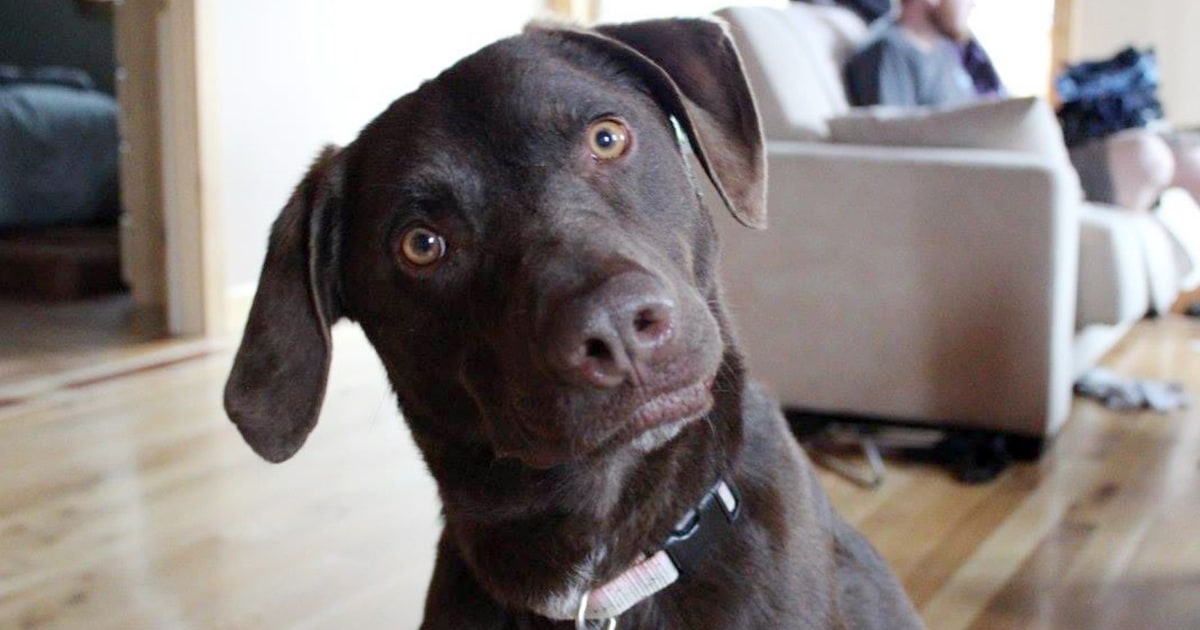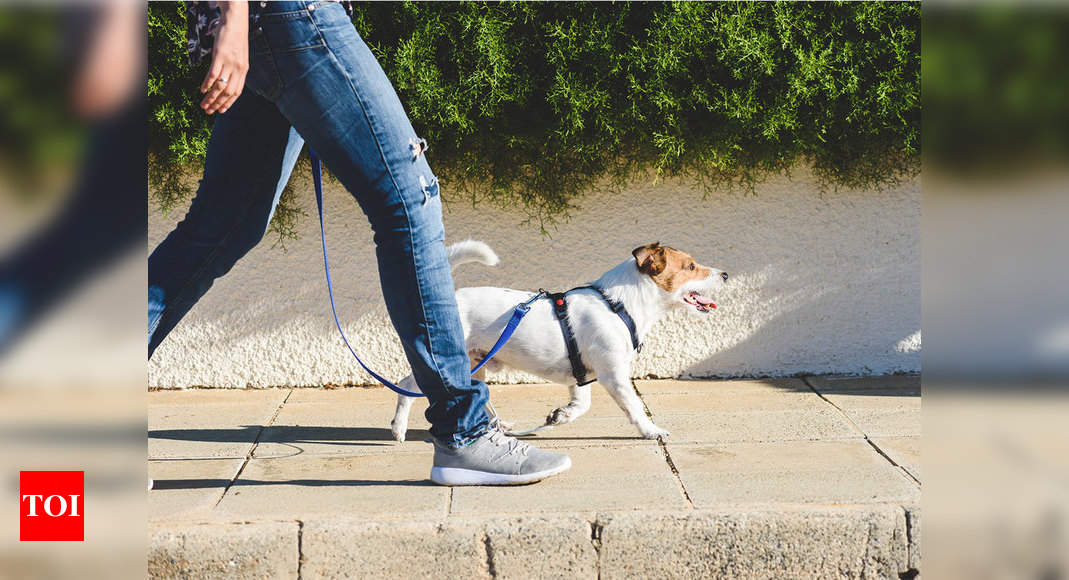While the coronavirus-imposed lockdown may be frustrating to some people, dogs have been enjoying the constant companionship of their owners.
But, once the risk of spreading the virus has been contained and people begin to resume their daily routines, the impact on the lives of dogs may be severe.
According to Queen Elizabeth II ’s corgi trainer, pups may suffer from “severe social anxiety ” once social distancing has ended - as they’ve built up a “huge reservoir of over-dependency”.Download the new Independent Premium app
READ ALSO:
Separation Anxiety in Dogs
Sharing the full story, not just the headlines
Speaking to The Times, Dr Roger Mugford, an animal psychologist, explained: “With such an overload of quality time with their families, dogs are building up a huge reservoir of over-dependency which could see them suffer when mums and dads suddenly return to work and the children go back to school.” This distress could manifest itself in a variety of ways, according to Dr Mugford, who said that, when left alone, pet dogs can chew furniture, bark, go to the bathroom inside, and “sometimes even self-harm”.“Put a webcam on your dog and you'll see howling and pacing and other distress signs,” he said.
Make an ice lick by freezing toys, bones, and chicken broth into a cake mold.
To help furry friends ease into the unavoidable separation that will occur when social distancing measures are lifted, Dr Mugford recommends owners begin now - by separating themselves from their pet for 30 minutes at a time, several times a day.
The reminder to consider how dogs will respond to the return to daily life comes amid an increase in pet adoption numbers in countries around the world, as people look to animals as a source of comfort.
“One great thing about owning a pet is that they can offer unconditional love and friendship, which is more important than ever through these challenging and uncertain times,” Vet nurse Joanne Wright from the UK’s leading vet charity PDSA, previously told The Independent.Research from PDSA found that 84 per cent of pet owners report that having a pet has had a positive impact on their mental health. The feelings are mutual, according to Wright, who added: “What’s even better is that many of our animals, who may otherwise be left alone for extended periods of time, will also be able to enjoy lots of company and fuss at home.” If your dog does experience anxiety, they aren’t alone - as a study published in March 2020 by researchers at the University of Helsinki in Finland found that most pups suffer from anxiety.
INTERESTING FACT ABOUT YOUR PET: Spiked collars were originally fashioned in ancient Greece to protect dogs’ throats from wolf attacks.














